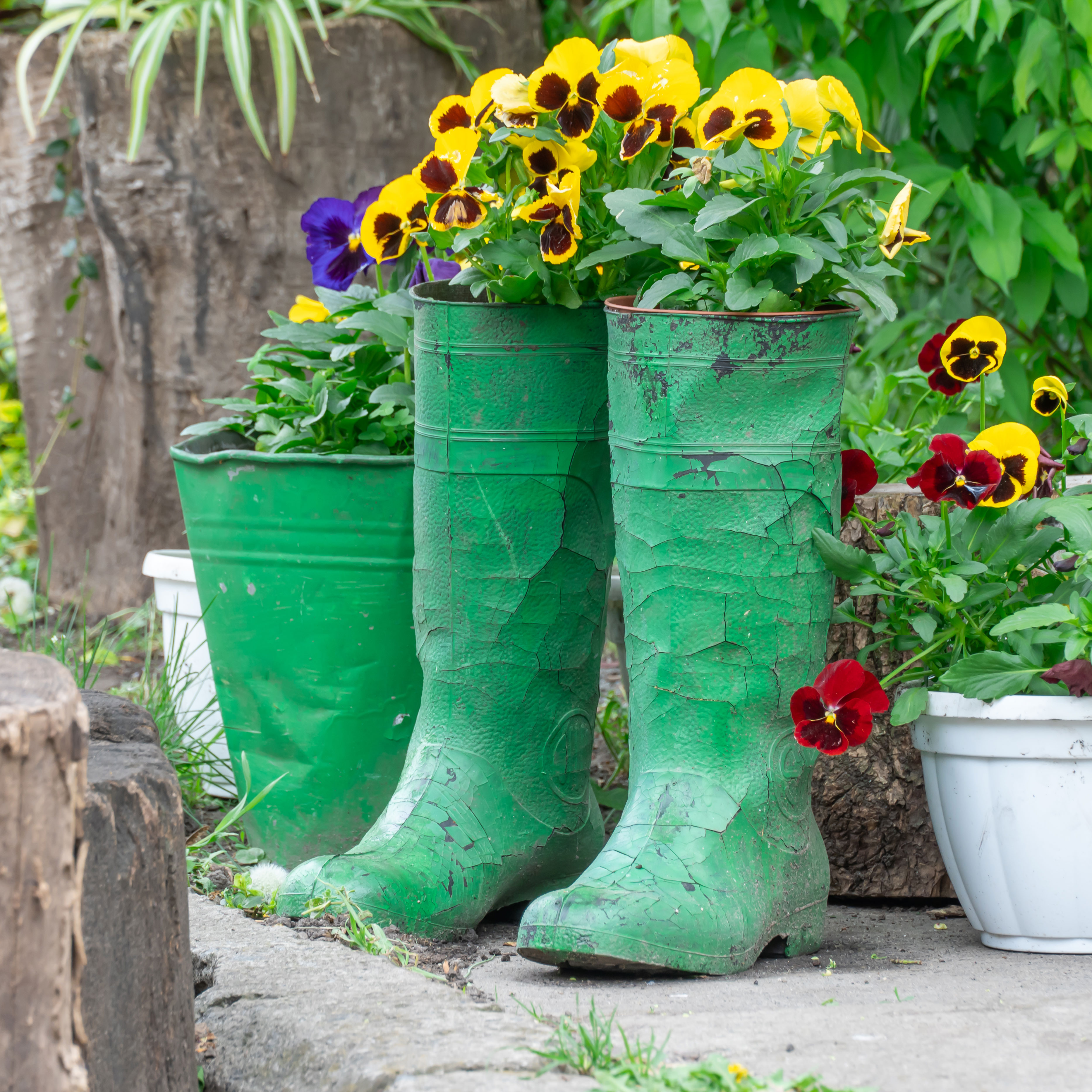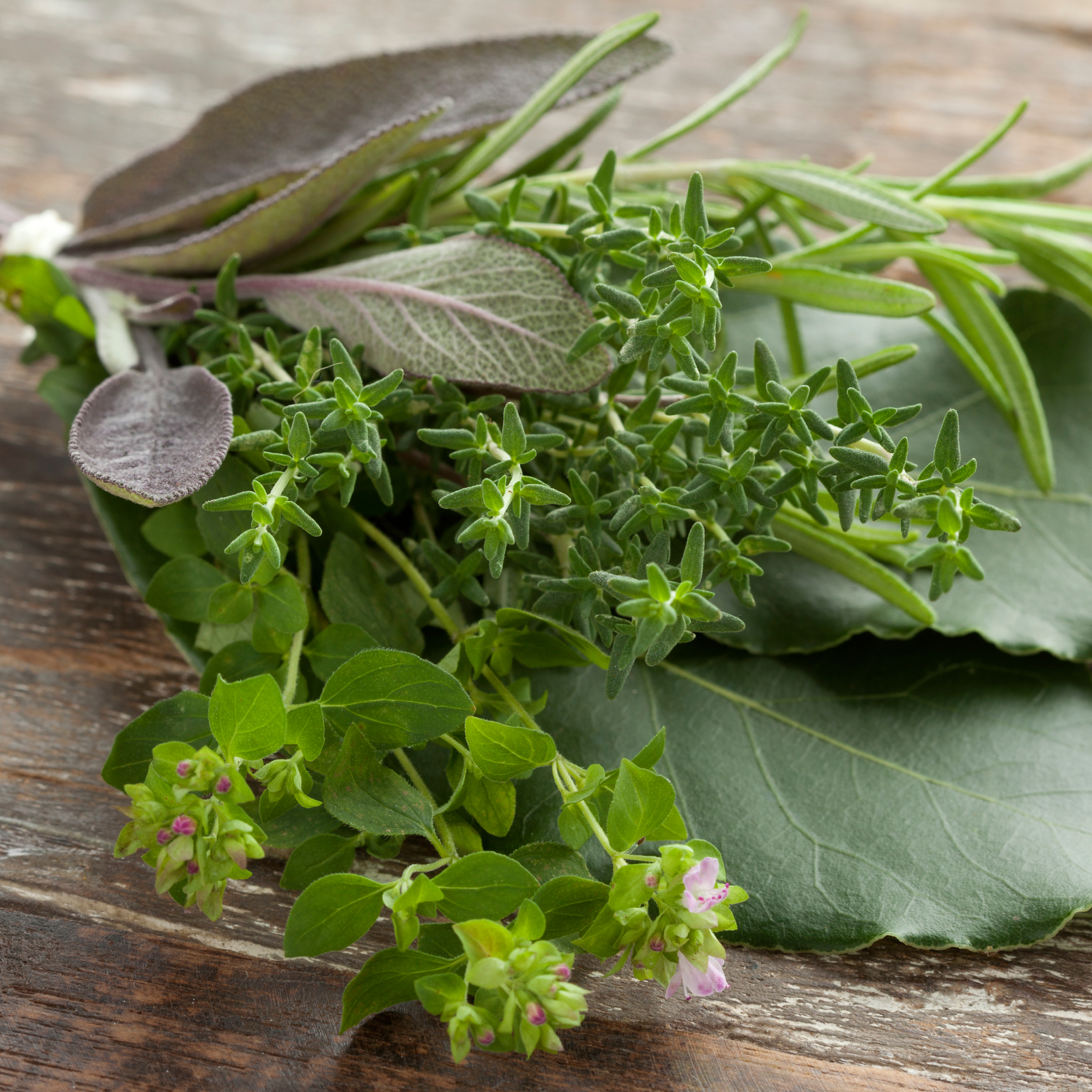Peach Cotton Root Rot Info – What Causes Peach Cotton Root Rot

Cotton root rot of peaches is a devastating soil-borne disease that affects not only peaches, but also more than 2,000 species of plants, including cotton, fruit, nut, and shade trees, and ornamental plants. Peach with Texas root rot is native to the southwestern United States, where summer temperatures are high and soil is heavy and alkaline. Unfortunately, there are currently no known treatments for cotton root rot, which can kill apparently healthy trees very quickly. However, cotton root rot peach control may be possible.
Peach Cotton Root Rot Info
What causes peach cotton root rot? Cotton root rot of peaches is caused by a soil-borne fungal pathogen. The disease spreads when a healthy root from a susceptible plant comes in contact with a diseased root. The disease doesn’t spread above ground, as the spores are sterile.
Symptoms of Cotton Root Rot of Peaches
Plants infected with peach cotton root rot wilt suddenly when temperatures are high during the summer. The first symptoms include slight bronzing or yellowing of the leaves, followed by severe bronzing and wilting of the upper leaves within 24 to 48 hours, and wilting of the lower leaves within 72 hours. Permanent wilt generally occurs by day three, followed soon thereafter by sudden death of the plant.
Cotton Root Rot Peach Control
Successful control of peach with cotton root rot is unlikely, but the following steps may keep the disease in check: Dig in generous amounts of well-rotted manure to loosen the soil. Preferably, the soil should be worked to a depth of 6 to 10 inches (15-25.5 cm.). Once the soil has been loosened, apply generous amounts of ammonium sulfate and soil sulfur. Water deeply to distribute the material through the soil. Some growers have found that crop losses are reduced when residue of oats, wheat, and other cereal crops is incorporated into the soil. Jeff Schalau, Agricultural and Natural Resources Agent for Arizona Cooperative Extension, suggests that the best course of action for most growers may be to remove infected plants and treat the soil as mentioned above. Allow the soil to rest for a full growing season, then replant with disease-resistant cultivars.
Gardening tips, videos, info and more delivered right to your inbox!
Sign up for the Gardening Know How newsletter today and receive a free copy of our e-book "How to Grow Delicious Tomatoes".

A Credentialed Garden Writer, Mary H. Dyer was with Gardening Know How in the very beginning, publishing articles as early as 2007.
-
 Creative Ideas For Plant Containers: 7 Ways To Save Money And Add Charm To A Garden
Creative Ideas For Plant Containers: 7 Ways To Save Money And Add Charm To A GardenIf you are looking for great ways to add personality to your container gardening – and even save yourself some money – then try these creative ideas for plant containers
By Mary Ellen Ellis
-
 How To Make A Bouquet Garni Or Herb Bundle For Cooking
How To Make A Bouquet Garni Or Herb Bundle For CookingIf you’re a great cook, you may have made an herb bundle before. If this is a new idea, learn how to add sparkle and interest to your dish with a bouquet garni.
By Amy Grant